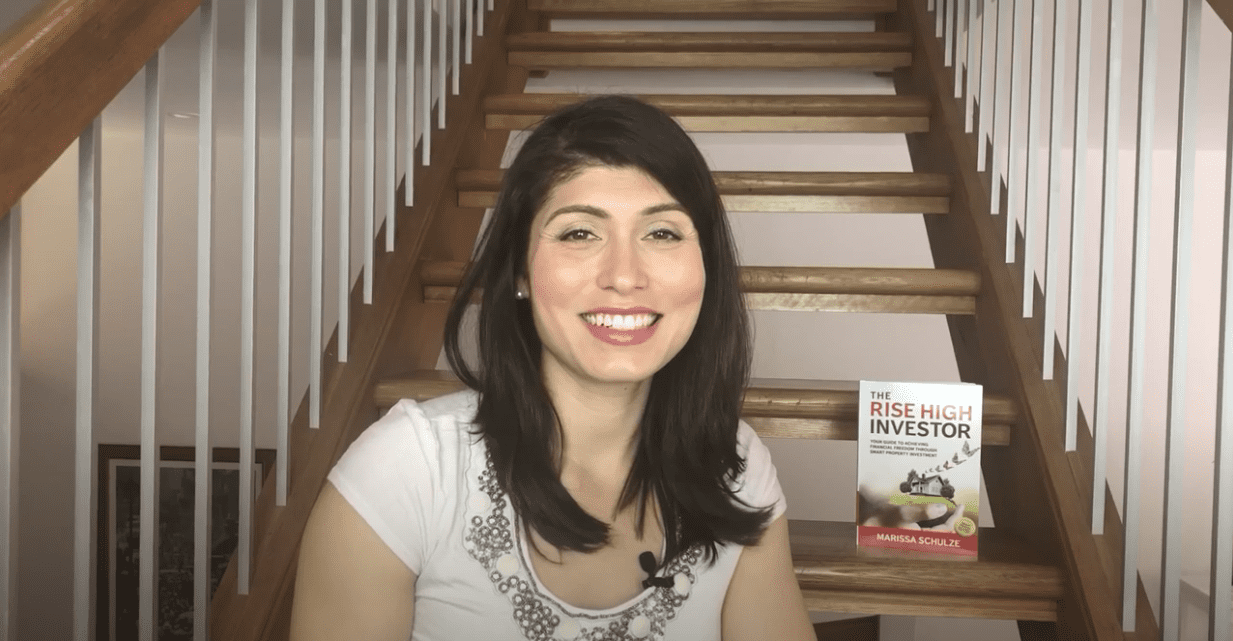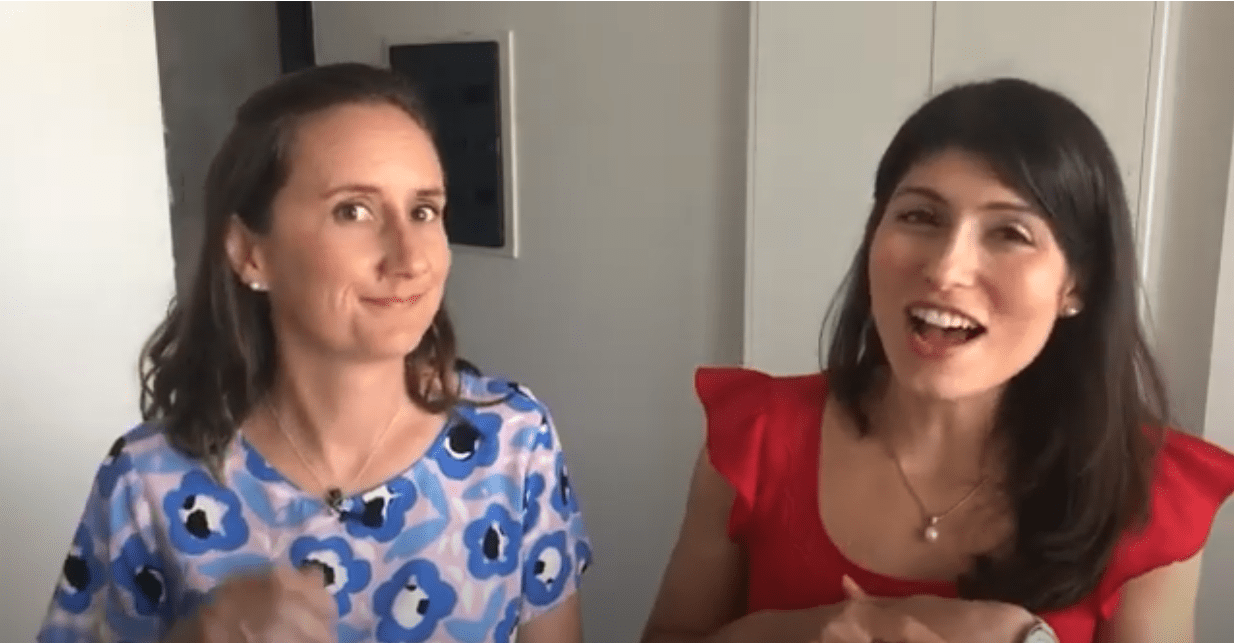What is depreciation?
In simple terms, it means the decline of the value of assets over time because of wear and tear. It could be anything from the things you wear to the furniture in your house, anything that can decline over time. In a property investment context, that means a tax deduction for investors on the property building itself and plant equipment inside. FOr example, if you own an investment property and you decide to install a $1,000 oven for your tenants, over the year the value of the oven will decrease to $800. The difference of $200 is a non-cash tax deduction you can claim! This means there’s no money coming out of your pocket.
It doesn’t matter what type of investor you are, maintaining cash flow is always important! Tax depreciation is one way to reduce your taxable income without having to pay money out of your pocket. If you’re looking for help on what might depreciate you could be asking an accountant or quality surveyor. So what’s the difference and who do you need?
Quality Surveyors and Accountants…. who does what?
Your friendly neighbourhood quantity survey will be an expert in construction cost estimating. So, you could get services like cost surveying, replacement cost estimates, progress claims, and things like that, but some of what they do best is depreciation. A lot of the time they will be recommended to you by your accountant. Your depreciation schedule is specific to your investment property, so once you get a report done, that’s it!
Your relationship with your accountant is probably more ongoing, you’ll catch up with them more throughout the year. Once you have your depreciation schedule your accountant will use that report to do your tax returns. So if you’re wondering what benefits you might get from having a report on your investment property done, have a chat with your accountant!
What is a tax depreciation report?
The report you get from the quantity surveyor can often go straight to your accountant. In fact, sometimes they will send it straight through and you don’t even have to look at it. The great thing about these reports is that you only need to get one done once per investment property! 70% to 80% of investors aren’t claiming their full deduction entitlement, but we want to make sure you get the most out of your money. Whether your property is old or new, you can benefit from getting a report done!
In a lot of circumstances, tax depreciation will be the largest expense you can claim on your tax return. If you have finally scored that brand new property, it’s likely the first year will see the most depreciation from that brand new equipment. BUT for the first 5 years, you are likely to see the most returns. These returns could get you your next investment property before you know it!
There are no downsides to getting a depreciation report done!
What happens when you contact a quantity surveyor?
Generally, the assessment of your property will take about 30 minutes. They will measure everything, your carpet, tiles, lights, and appliances with every little detail about make, model, design, and manufacturing considered in your report. This process will cost about $770 but usually comes with a guarantee of at least double that back in the first financial year. So even if you’re not sure about getting a report done, contact a quantity surveyor to talk about your options. This is a report that can only be done ridgy didge by a quantity surveyor. So for an official report that’s tax office approved that’s the way to go.
What happens if you renovate?
When you buy your investment property you might want to renovate and (hopefully) add value later down the track. Any improvements or renovations that are done before your quantity surveyor does your report will be added to that one-time report. If you’re renovating after it’s been done, make sure you keep all your receipts and the dates of the improvements. Your accountant will use this information to adjust your depreciation schedule.
Depreciation methods
When you get your report you might find a couple of methods of depreciation in your report, you can decide which method is best for you with the help of your accountant. One method is the Prime Cost method, also known as the straight-line method. The other is Diminishing Value, which front-loads your deductions. This means you can get more back earlier on when cash flow is more important to you. Later on, the rental return will improve as the rent increase and your debt goes down. The method you choose will depend on what stage of your investment journey you’re on.
The new rules and how they work:
If you’ve purchased your property before May 9th, 2017, have no fear, these rules don’t apply to you. If your building is built after September 1987, congratulations! You can get a capital write-off (or bricks and mortar write-off) and, fixtures and fittings. The new rules remove the capital write-off if it has been claimed by a previous owner before, but you can still get a write-off for fixtures and fittings.
If you have any questions leave your details below for our team to get in touch!



